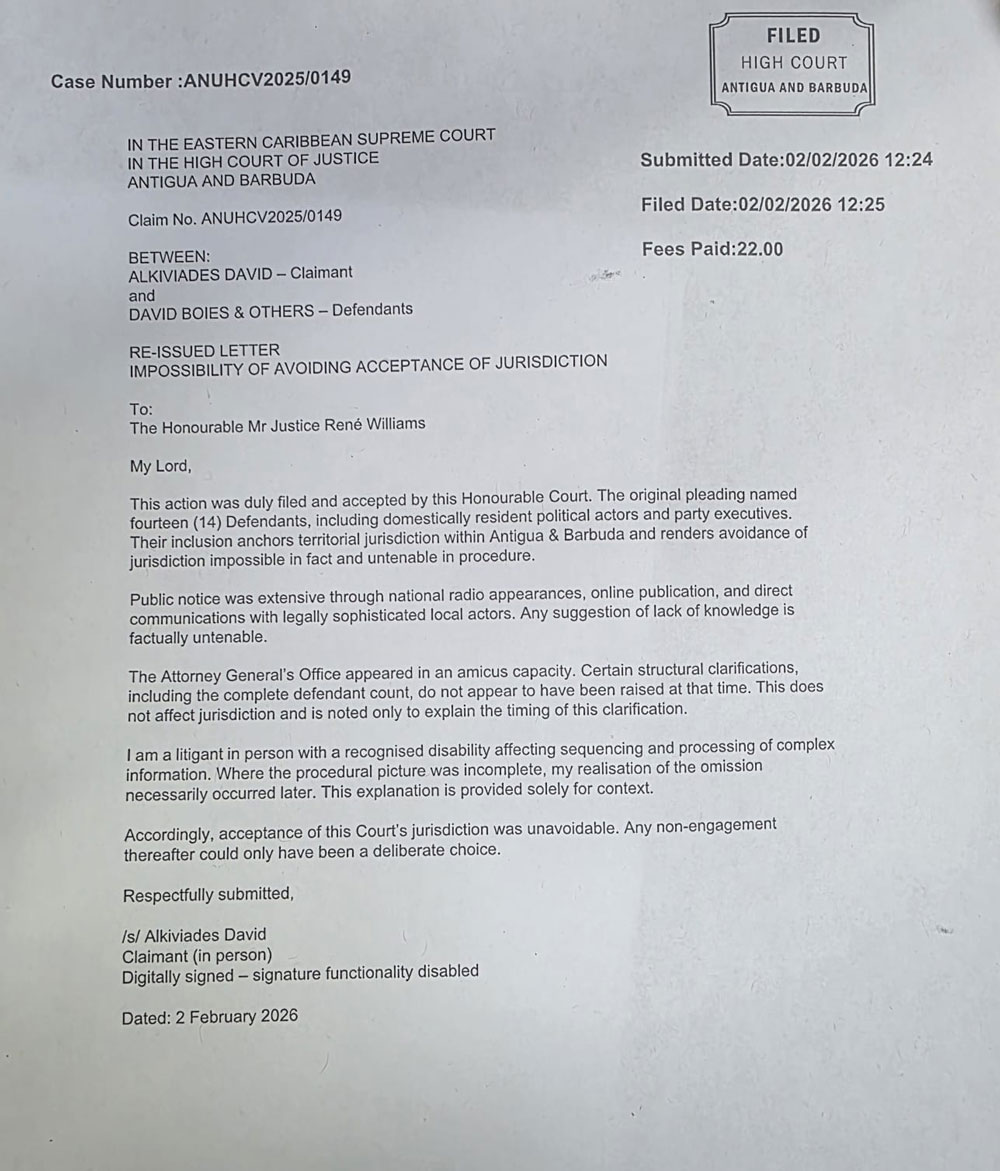Two prominent French antiquities experts have been found guilty of a substantial fraud involving the sale of forged historic chairs purportedly belonging to royalty, including figures like Marie Antoinette. Georges “Bill” Pallot and Bruno Desnoues received four months of prison time, along with longer suspended sentences, after selling counterfeit 18th-century chairs to high-profile collectors that included the Palace of Versailles and a member of Qatar's royal family.
Having already completed four months in pre-trial detention, they will not be returning to prison. Laurent Kraemer, another accused party connected with the sale of the chairs, was acquitted of gross negligence after it was determined he did not adequately verify the authenticity of the pieces before selling them.
The court's decision concluded a complex nine-year investigation that sent shockwaves through the French antiques community. At a session held in Pontoise, near Paris, the judge imposed fines, with Pallot receiving €200,000 and Desnoues €100,000. Pallot expressed his concerns over the financial repercussions of the judgment but noted he was relieved that his Paris residence would not be confiscated.
During the trial, prosecutors pointed fingers at Kraemer and his gallery for their role in failing to check the authenticity of chairs sold to Qatari prince Mohammed bin Hamad Al Thani, who reportedly purchased two chairs allegedly belonging to Marie Antoinette for €2 million. Kraemer consistently denied any knowledge of the fabrications. Following the verdict, his legal representatives noted that the judgment reflected their assertion of innocence, emphasizing their client had been misidentified as a perpetrator in the fraud.
The case highlights the severe implications for the antiques market, as Pallot, once regarded as a leading authority on 18th-century French chairs, used his expertise to identify chairs unaccounted for in royal inventories. With the assistance of Desnoues—known for his craftsmanship as the principal furniture restorer for Versailles—they created replicas. Pallot remarked during the trial that they operated effortlessly with the fraudulent chairs that they sold for profit.
Prosecutor Pascal Rayer remarked that the case should illuminate significant flaws in the antiques market, particularly when experts, like Pallot and Desnoues, also participate as sellers, suggesting a need for stricter regulations to ensure more transparency. The broader context of antique fraud in France also includes incidents involving the late Jean Lupu, who was accused of selling counterfeit royal furniture before his death in 2023.




















